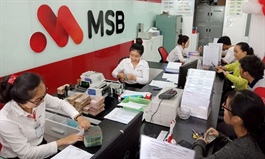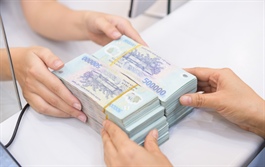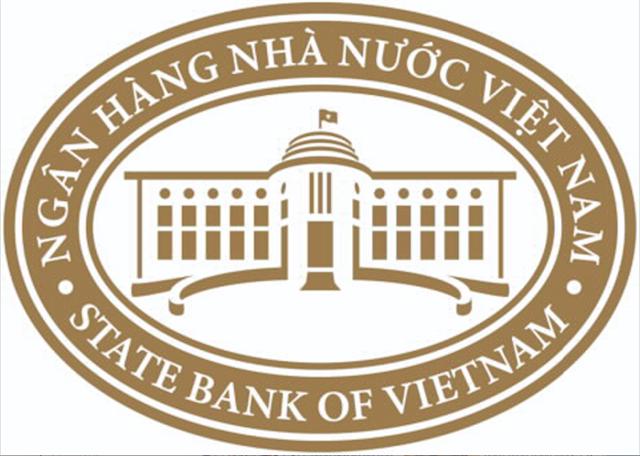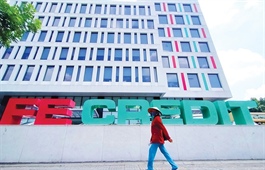VN's currency policy aims at stabilising inflation and macroeconomy, not manipulation for unfair advantage
VN's currency policy aims at stabilising inflation and macroeconomy, not manipulation for unfair advantage
Viet Nam's exchange rate control, as part of its general currency policy, aims at keeping inflation in check and stabilising the macroeconomy. The country does not intend to create unfair competitive advantage in international trade, said the State Bank of Vietnam (SBV) on Thursday morning in a response to a report by the US Department of the Treasury in which it listed Viet Nam and Switzerland as currency manipulators. 
On the topic of bilateral trade imbalances, the SBV said its recent purchase of foreign currency was part of an effort to ensure the stability of its Forex exchange market and to build up reserves and strengthen currency security, which has been considered to be on the lower side in comparison with other countries in Southeast Asia.
Viet Nam sought a harmonious and sustainable bilateral trade relationship with the US, said the SBV, saying it has already started working sessions with other ministries and governmental agencies to identify the US' areas of concern in order to find fair and win-win solutions for the two countries.
Earlier, the department delivered to Congress the semiannual Report on Macroeconomic and Foreign Exchange Policies of Major Trading Partners of the United States. In this report, the department reviewed and assessed the policies of 20 major US trading partners during the four quarters ending June 2020.
The report concluded that both Viet Nam and Switzerland met all three criteria under the Trade Facilitation and Trade Enforcement Act of 2015 (the 2015 Act) during the period under review.
The department also determined that, under the Omnibus Trade and Competitiveness Act of 1988 (the 1988 Act), both Viet Nam and Switzerland are currency manipulators. For each country, it assessed, based on a range of evidence and circumstances, that at least part of its exchange rate management over the four quarters through June 2020, and particularly foreign exchange intervention, was for purposes of preventing effective balance of payments adjustments and, in the case of Viet Nam, for gaining unfair competitive advantage in international trade as well.
“The Treasury Department has taken a strong step today to safeguard economic growth and opportunity for American workers and businesses,” said US Treasury Secretary Steven T. Mnuchin. “The Treasury will follow up on its findings with respect to Viet Nam and Switzerland to work toward eliminating practices that create unfair advantages for foreign competitors.”
The department found that ten economies warrant placement on its “Monitoring List” of major trading partners that merit close attention to their currency practices: China, Japan, Korea, Germany, Italy, Singapore, Malaysia, Taiwan, Thailand, and India, the last three being added in the report.























